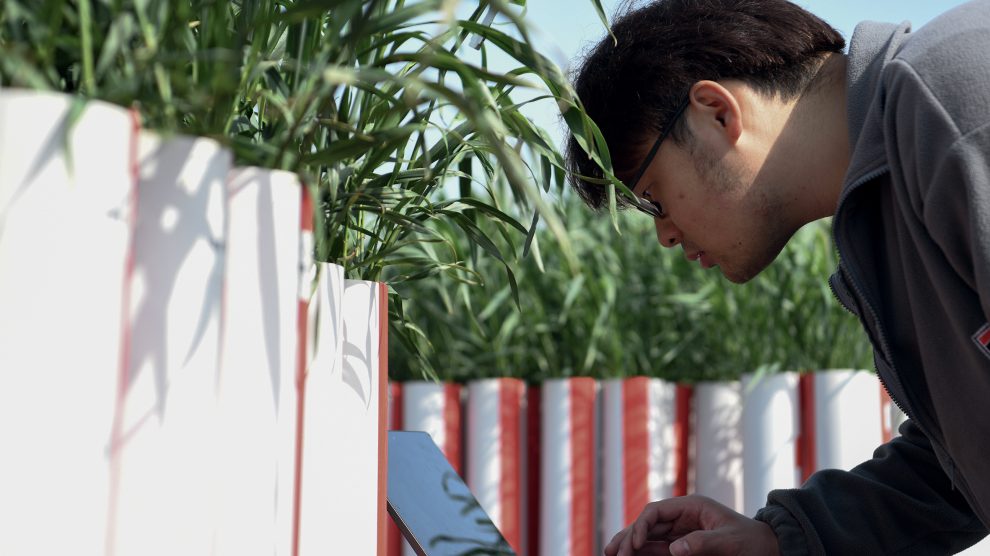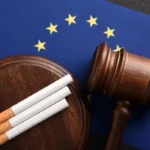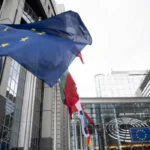The tide seems to have turned and the Chinese strategy to influence world affairs increasingly includes the agricultural factor with the intention of linking influence to food.
Food has long been used as a means of persuasion, coercion or behavior control and has therefore served to achieve political goals in international relations. Withholding food during times of conflict can be a powerful weapon and part of military strategy. It is not uncommon for a surplus or exporting country to control food supplies, mainly in the form of aid or an embargo, in order to influence the policies of other countries; American food power has long been the benchmark in this area. But we can also think of investments abroad, agricultural cooperation and assistance or the establishment of standards…
Agriculture is presented as a strategic vector for States, a lever of power, making it possible to influence trade flows and weaken the adversary. Relatively neglected since the end of the Cold War, this aspect of agricultural diplomacy has come back in force over the past ten years, particularly through the actions of countries such as Russia, but also China, opening a new chapter in the use of food in international relations. The ability to influence world affairs is thus increasingly linked to the ability to produce or buy food on the world market.
China, which is currently the largest importer of agricultural products in the world, and which faces increasing challenges in feeding its increasingly affluent population [see p. 61], does not hesitate to use agriculture and agricultural products as a tool of foreign policy to shape the policies of other countries. Agriculture is thus a means for China not to depend on others, but also a means of pressure and marginalization of the West.
Long a follower of a low profile in international relations, China changed its foreign policy in the early 2000s, and especially since 2012 and the arrival of Xi Jinping in power, in parallel with its economic affirmation which allows it to claim a more important on the international scene and in global governance. It now displays an increasingly visible assurance in its international relations and a desire for power, first vis-à-vis its neighbors, then vis-à-vis the world.
Agriculture has thus found itself, in recent years, at the heart of the political and economic confrontation between China and its rivals, to such an extent that one can wonder if this sector is not going well, with new technologies and the energy, to arbitrate the battle for the place of first world power.
Chinese agricultural diplomacy is not, unlike the United States and Russia, based on exports. While China is a major exporter of agricultural products, ranking fourth behind the European Union (EU), the United States and Brazil, its shipments — mainly made up of meat and fish preparations, vegetables, etc. do not allow it to create dependence on commodity-importing countries and therefore do not constitute a significant means of pressure. Chinese means of action revolve more around its internal market and agricultural cooperation projects.
The Carrot and the Stick of the Domestic Market
In the midst of the Covid-19 pandemic, when global trade was severely hampered and the international environment became more hostile, Chinese leaders launched the concept of “dual circulation”. It is a question of promoting “internal circulation” (national cycle of production, distribution and consumption), thanks to the internal market which must become a real growth driver. “External circulation”, that is to say exchanges with the outside world, is not abandoned for all that. This dual orientation should make it possible to strengthen the resilience of the Chinese economy to external shocks, but also to create more asymmetrical economic relations, i.e. dependence on exports and on the Chinese market.
This article is originally published on areion24.news







